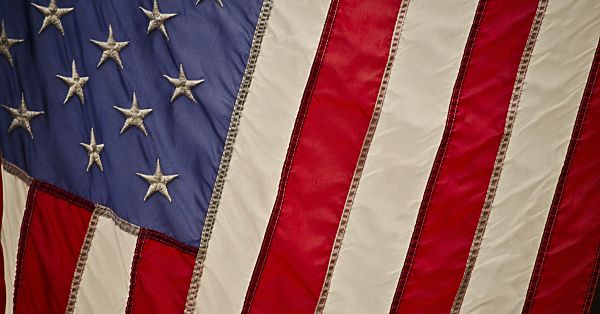September 12, 1787 (Click to read Madison’s notes)
Summary
Yesterday’s session (9/11) adjourned without action because the Committee of Style did not have a completed product. On the 12th the delegates voted against a Bill of Rights and amended the override margin for a presidential veto.
Influences on the Delegates
One of the items considered during this session involved the number of delegates needed to override a presidential veto. In the end, the delegates required 2/3 instead of 3/4. The experience of the states was important for two delegates.
Colonel MASON had always considered this as one of the most exceptionable parts of the system. As to the numerical argument of Mr. GOUVERNEUR MORRIS, little arithmetic was necessary to understand that three fourths was more than two thirds, whatever the numbers of the Legislature might be. The example of New York depended on the real merits of the laws. The gentlemen citing it had no doubt given their own opinions. But perhaps there were others of opposite opinions, who could equally paint the abuses on the other side. His leading view was, to guard against too great an impediment to the repeal of laws.
Mr. GOUVERNEUR MORRIS dwelt on the danger to the public interest from the instability of laws, as the most to be guarded against. On the other side, there could be little danger. If one man in office will not consent where he ought, every fourth year another can be substituted. This term was not too long for fair experiments. Many good laws are not tried long enough to prove their merit. This is often the case with new laws opposed to old habits. The inspection laws of Virginia and Maryland, to which all are now so much attached, were unpopular at first.
Mr. PINCKNEY was warmly in opposition to three fourths, as putting a dangerous power in the hands of a few Senators, headed by the President.
Mr. MADISON. When three fourths was agreed to, the President was to be elected by the Legislature, and for seven years. He is now to be elected by the people, and for four years. The object of the revisionary power is two-fold, — first, to defend the Executive rights; secondly, to prevent popular or factious injustice. It was an important principle in this and in the State Constitutions, to check legislative injustice and encroachments. The experience of the States had demonstrated that their checks are insufficient. We must compare the danger from the weakness of two thirds, with the danger from the strength of three fourths. He thought, on the whole, the former was the greater. As to the difficulty of repeals, it was probable, that in doubtful cases, the policy would soon take place, of limiting the duration of laws, so as to require renewal instead of repeal.
The suggestion for a bill of rights committee failed on a tie vote:
Colonel MASON perceived the difficulty mentioned by Mr. GORHAM. The jury cases cannot be specified. A general principle laid down, on this and some other points, would be sufficient. He wished the plan had been prefaced with a Bill of Rights, and, would second a motion, if made for the purpose. It would give great quiet to the people; and with the aid of the State Declarations, a bill might be prepared in a few hours.
Mr. GERRY concurred in the idea and moved for a Committee to prepare a Bill of Rights.
Colonel MASON seconded the motion.
Mr. SHERMAN was for securing the rights of the people where requisite. The State Declarations of Rights are not repealed by this Constitution; and being in force are sufficient. There are many cases where juries are proper, which cannot be discriminated. The Legislature may be safely trusted.
Colonel MASON. The laws of the United States are to be paramount to State Bills of Rights.
On the question for a Committee to prepare a Bill of Rights, —
New Hampshire, Connecticut, New Jersey, Pennsylvania, Delaware, aye, — 5; Maryland, Virginia, North Carolina, South Carolina, Georgia, no, — 5; Massachusetts, absent.
1787 Constitutional Convention Series
To read my series examining the proceedings of the Constitution Convention, click here. In this series, I am writing about any obvious influences on the development of the Constitution which were mentioned by the delegates to the Convention. Specifically, I am testing David Barton’s claim that “every clause” of the Constitution is based on biblical principles. Thus far, I have found nothing supporting the claim. However, stay tuned, the series will run until mid-September.
Constitutional Convention Series (click the link)
To follow on social media, click the following links:
Facebook (blog posts and news)
Facebook (Getting Jefferson Right – history news)
Twitter
